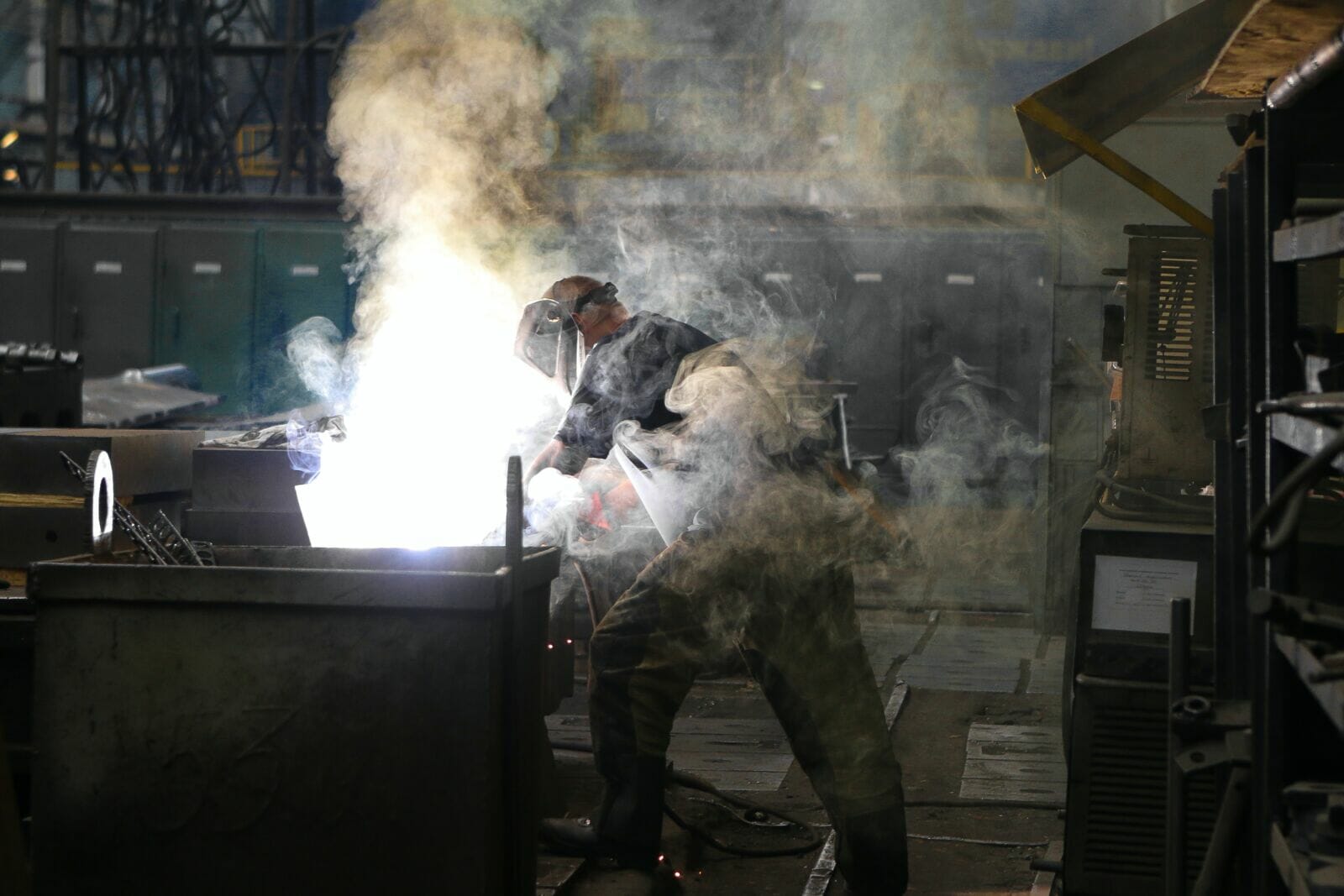Hard labor industries form the backbone of our economy, providing essential services and infrastructure. From construction to manufacturing, these fields are critical to keeping things running smoothly. If you’re interested in a rewarding, hands-on career, hard labor industries may be the right fit. Whether you’re drawn to the physical nature of the work, enjoy seeing the results of your labor, or want a career that offers growth opportunities, this guide will help you break into the industry. We’ll cover everything from the most common jobs to the application process, necessary skills, and tips for those with criminal backgrounds.
Popular Hard Labor Jobs
The hard labor sector encompasses a wide range of industries, each with unique roles that offer varying levels of physical demand and technical expertise. Some popular hard labor jobs include:
- Construction Worker: In this role, you’ll be involved in building and maintaining structures like houses, bridges, and highways. The job often requires operating heavy machinery, handling tools, and working in various weather conditions.
- Welder: Welders are skilled workers who join metal parts by heating them to high temperatures. Welding jobs can range from small repair work to large construction projects.
- Forklift Operator: Common in warehouses and distribution centers, forklift operators move heavy loads using mechanical forklifts. It requires precision and training, but it’s a rewarding job that supports large industries.
- Landscaper: This outdoor job involves designing, building, and maintaining outdoor spaces like parks and gardens. It may require heavy lifting, machinery operation, and knowledge of horticulture.
These jobs, while physically demanding, offer great satisfaction and can serve as stepping stones for more specialized roles in the future. If you’re ready to dive in, find a job with Bulgari or other companies offering hard labor opportunities.
Essential Skills Needed in Hard Labor Industries
Hard labor isn’t just about muscle power; it requires a blend of technical expertise, soft skills, and problem-solving abilities. Here are some key skills you’ll need to succeed:
- Physical Stamina and Fitness: Many hard labor jobs require you to be on your feet for extended periods, lift heavy objects, or work in demanding environments. Staying physically fit is essential to keep up with the workload and avoid injury.
- Technical Skills: Depending on the job, you may need to operate machinery, read blueprints, or understand safety protocols. For example, welders need precise skills in metalworking, while construction workers should know how to use various tools effectively.
- Problem-Solving Skills: Hard labor often presents challenges like machinery malfunctions or unexpected weather changes. Being able to think on your feet and quickly come up with solutions is key.
- Teamwork and Communication: In industries like construction or logistics, you’ll likely be working alongside a team. Clear communication and collaboration ensure that projects run smoothly and safely.
Learning and improving these skills can make you a more competitive candidate and prepare you for more specialized, higher-paying roles in the future.
Application Process for Hard Labor Jobs
Getting started in a hard labor job isn’t just about showing up ready to work. There’s a process to follow that can set you apart from other candidates.
- Crafting a Standout Resume: Highlight your relevant skills, physical abilities, and any prior work experience that aligns with the job. If you’ve taken courses or earned certifications (like forklift operation or OSHA safety), be sure to mention them.
- Certifications and Licenses: Certain jobs in hard labor may require certifications, such as a Commercial Driver’s License (CDL) for truck drivers or a welding certification for metalworkers. Research what’s required for the role you’re pursuing and, if necessary, invest time in getting these certifications.
- Interview Preparation: Expect questions about your physical fitness, experience with manual labor, and your ability to work under pressure. It’s also important to demonstrate a strong work ethic and reliability, as employers in these industries value consistency.
Taking the time to prepare a solid application can help you stand out, whether you’re aiming for an entry-level position or a more skilled role in a hard labor industry.
Criminal Background Considerations
If you have a criminal background, you might be wondering how that will affect your chances of getting hired in a hard labor industry. The good news is that many companies in this field are open to giving individuals with a criminal record a second chance, particularly for entry-level roles. However, it’s important to be prepared to discuss your background and show that you’re committed to moving forward in a positive direction.
- How It Can Affect Your Job Search: Some roles may be off-limits depending on the nature of your conviction, particularly if it involved theft or violent crimes. However, many employers in hard labor industries understand that past mistakes don’t define your future and are willing to hire individuals who have shown a commitment to rehabilitation.
- Companies Open to Hiring Individuals with a Record: Construction and manufacturing companies are often more open to hiring individuals with a criminal background. Nonprofit organizations or job placement programs can also help connect you to businesses willing to hire individuals with records.
- How to Address It: When discussing your background in an interview, be honest, but focus on how you’ve moved forward. Emphasize any relevant skills you’ve developed, your commitment to the job, and your plans for the future.
If you’re in Manitoba, it’s important to know where to start and get criminal background checks in Winnipeg to know what potential employers will see. By addressing any concerns upfront, you can make a strong case for why you’re the right person for the job.
On-the-Job Training and Growth Opportunities
Hard labor industries offer significant room for growth and advancement. Many companies provide on-the-job training that can help you develop new skills and move into higher-paying positions over time. For example, you could start as a construction laborer and work your way up to a foreman or supervisor position.
Additionally, obtaining specialized certifications in areas like welding, heavy machinery operation, or safety training can lead to more opportunities for advancement. Apprenticeship programs, often offered by trade unions, can be a great way to earn while you learn.
Conclusion
Breaking into the hard labor industry can be a fulfilling career choice that offers hands-on work, skill development, and room for growth. By honing the necessary skills, understanding the application process, and addressing any potential obstacles like a criminal background, you can position yourself for success in this demanding yet rewarding field. So, take the first steps today, and you may find that hard labor leads to a career that’s as fulfilling as it is physically challenging.




